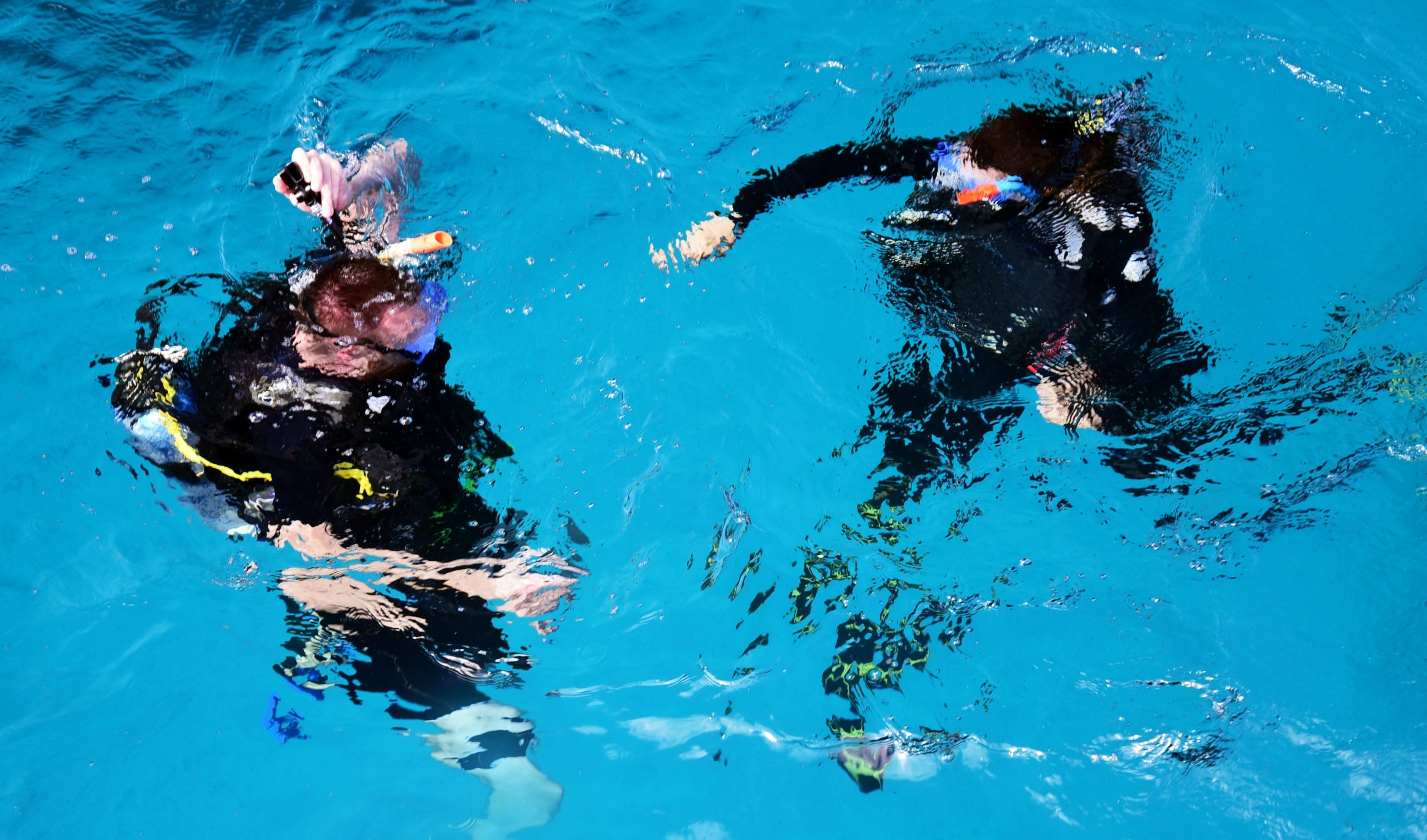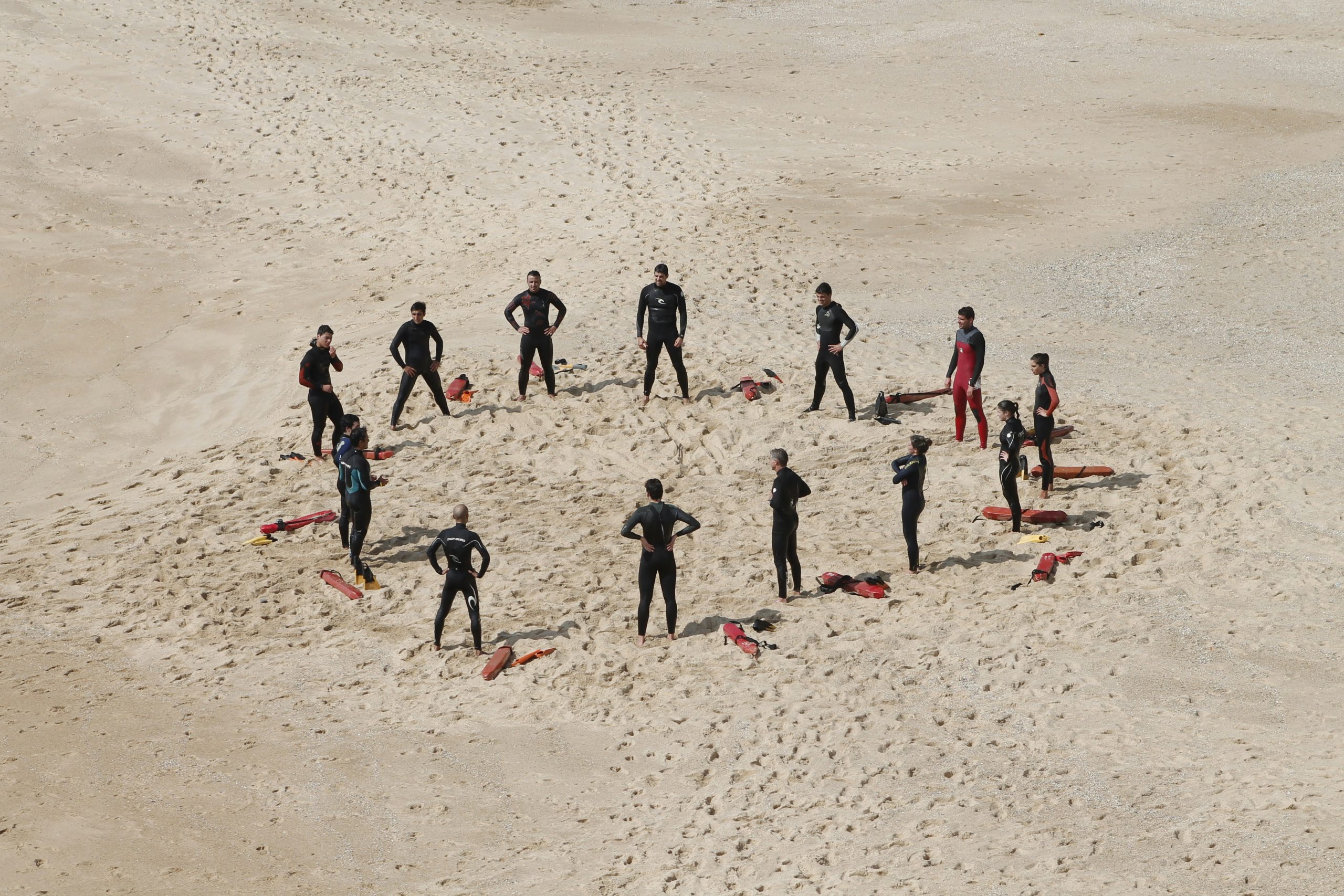PADI Open Water Scuba diving certification
Start Your Adventure Today
Dive into the depths of exploration with our comprehensive diving courses! Whether you’re a beginner eager to experience the thrill of breathing underwater for the first time or an experienced diver looking to advance your skills, our courses cater to all levels. Led by certified instructors, you’ll learn essential techniques, safety protocols, and underwater navigation, all while discovering the mesmerizing world beneath the waves. Embark on an unforgettable journey with our diving courses and unlock the wonders of the ocean.
Unlock Your Underwater Adventures: Dive into your PADI Open Water Scuba diving Certification!
The PADI (Professional Association of Diving Instructors) Open Water Diver certification holds sway as one of the premier achievements in the realm of scuba diving, both in Ireland and worldwide. It serves as a beacon, guiding enthusiasts through the depths of the underwater world, fostering a profound connection with the oceanic realm. Recognized globally, this certification paves the way for exploration, allowing divers to delve into the depths of Ireland’s coastal waters and beyond.
For those in Dublin, Ireland, the allure of scuba diving is particularly potent. With its rich maritime history and diverse aquatic ecosystems, Dublin offers a plethora of opportunities for underwater exploration. From the rocky shores of Howth to the tranquil waters of Dalkey, the coastline beckons with promises of adventure and discovery.
The journey towards PADI Open Water Diver certification begins with a commitment to learning and growth. Aspiring divers immerse themselves in the intricacies of dive theory, mastering essential concepts such as buoyancy, decompression theory, and marine conservation. Through a blend of self-study, classroom sessions, and interactive materials, students gain a comprehensive understanding of the principles that underpin safe and responsible diving practices.
Hands-on training plays a pivotal role in the certification process, with beginner scuba diving lessons providing a gateway to practical skills and proficiency. Under the guidance of experienced instructors, novices take their first tentative breaths underwater, learning the fundamentals of equipment assembly, dive planning, and emergency procedures. In Dublin, specialized dive centers offer state-of-the-art facilities and expert instruction, ensuring that students receive the highest caliber of training.
Confined water sessions provide a safe and controlled environment for divers to refine their skills, building confidence and competence in preparation for open water dives. From mastering buoyancy control to conducting underwater navigation exercises, these sessions offer a crucial opportunity for hands-on practice and feedback.
As students progress through their training, they embark on a series of open water dives, venturing into the vast expanse of the ocean under the guidance of their instructors. In Ireland, these dives offer a kaleidoscopic array of underwater landscapes, from kelp forests swaying in the currents to ancient shipwrecks steeped in history. Each dive serves as a testament to the beauty and diversity of Ireland’s underwater world, instilling a profound appreciation for the natural wonders that lie beneath the surface.
Upon completion of their training, divers emerge as certified PADI Open Water Divers, equipped with the skills and knowledge to explore the ocean with confidence and reverence. Armed with their certification, they join a global community of adventurers united by a shared passion for scuba diving and a deep-seated respect for the marine environment. Whether exploring the waters of Dublin Bay or venturing further afield along Ireland’s rugged coastline, they carry with them the spirit of exploration and discovery that defines the essence of scuba diving.
Here’s a general overview of the PADI Open Water Diver Certification process
-
Knowledge Development
This part of the course can be completed through self-study using PADI’s Open Water Diver manual, or through e-learning platforms provided by PADI. It covers the basic principles of scuba diving, including diving equipment, diving physics, physiology, and safe diving practices. -
Confined Water Dives
In confined water sessions (usually conducted in a pool or a calm, shallow body of water), students learn and practice essential scuba skills under the guidance of a certified instructor. These skills include things like buoyancy control, regulator recovery, mask clearing, and emergency procedures. -
Open Water Dives
After completing the knowledge development and confined water sessions, students proceed to open water dives. Typically, this involves completing a series of four dives in an open water environment under the supervision of a certified instructor. These dives allow students to apply the skills they learned in confined water to real-world diving situations. -
Final Exam
There is usually a final exam to assess the student’s understanding of the material covered in the course. This exam may be administered in written or electronic format. -
Certification
Upon successful completion of the knowledge development, confined water dives, open water dives, and final exam, students are awarded the PADI Open Water Diver certification. This certification allows them to rent scuba equipment, book dive excursions, and continue their scuba diving education with advanced courses.
Key Inquiries for Prospective PADI Open Water Diver Certification Candidates
Course Details
-
What is the structure of the course?
Sign up to the course by paying a course deposit or purchase the full open water course, complete either the online forms or the paper version of the PADI paperwork. Complete section 1 of the PADI e-learning before the first confined open water session. There are 4 confined water sessions that take place over 4 evenings over 4 weeks and 4 sea dives that take place over 2 days.
-
How long does the course take to complete?
4 Weeks
-
What are the prerequisites for enrolling in the course?
10 years old +
Cost and Fees
-
What is the total cost of the course, including materials, equipment rental, certification fees, etc.?
Daryl to input -
Are there any additional fees or expenses I should be aware of?
Daryl to input -
Is there a refund policy if I am unable to complete the course?
Please click link to our refund
Class Schedule and Availability:
-
When are the classes scheduled?
Daryl to input -
How often are classes offered?
Daryl to input -
Is there flexibility in scheduling for those with busy schedules?
Daryl to input
Instructor Qualifications:
-
Who will be teaching the course?
Daryl Pereira: ‘I started diving in 2009 and the second I put my head under the water I knew I wanted to become an instructor and show as many people as possible how amazing the under water world is, you also meet some wonderful people on your adventurewho become lifelong friends, while learning skills and seeing different places and different things’ -
What type of pool or confined water environment will be used for training?
Daryl to input -
Where are the open water dives conducted?
Daryl to input
Equipment:
-
Is scuba gear provided, or do students need to purchase or rent their own?
Daryl to input -
What equipment will I need to purchase for the course?
Daryl to input -
Are there any specific gear requirements or recommendations?
Daryl to input
Safety Protocols:
-
What safety measures are in place during training?
Daryl to input -
How are emergencies handled during training sessions?
Daryl to input -
Are there any medical requirements or restrictions for participating in the course?
Daryl to input
Certification Process:
-
What is required to pass the course and obtain certification?
Daryl to input -
How long is the certification valid for?
Daryl to input -
Will I receive a temporary certification card upon completion of the course?
Daryl to input
Additional Training Opportunities:
-
What advanced courses are available for further training?
Daryl to input – this will then link to another page we create line this one – we will re-use the Q&A -
Are there any specialty courses offered for specific interests (e.g., wreck diving, underwater photography)?
Daryl to input -
Is there a pathway for career development in scuba diving instruction or leadership roles?
Daryl to input
Reviews and Testimonials:
-
Can I see reviews or testimonials from past students?
Daryl to input -
Are there any success stories or notable achievements associated with the course or instructors?
Daryl to input
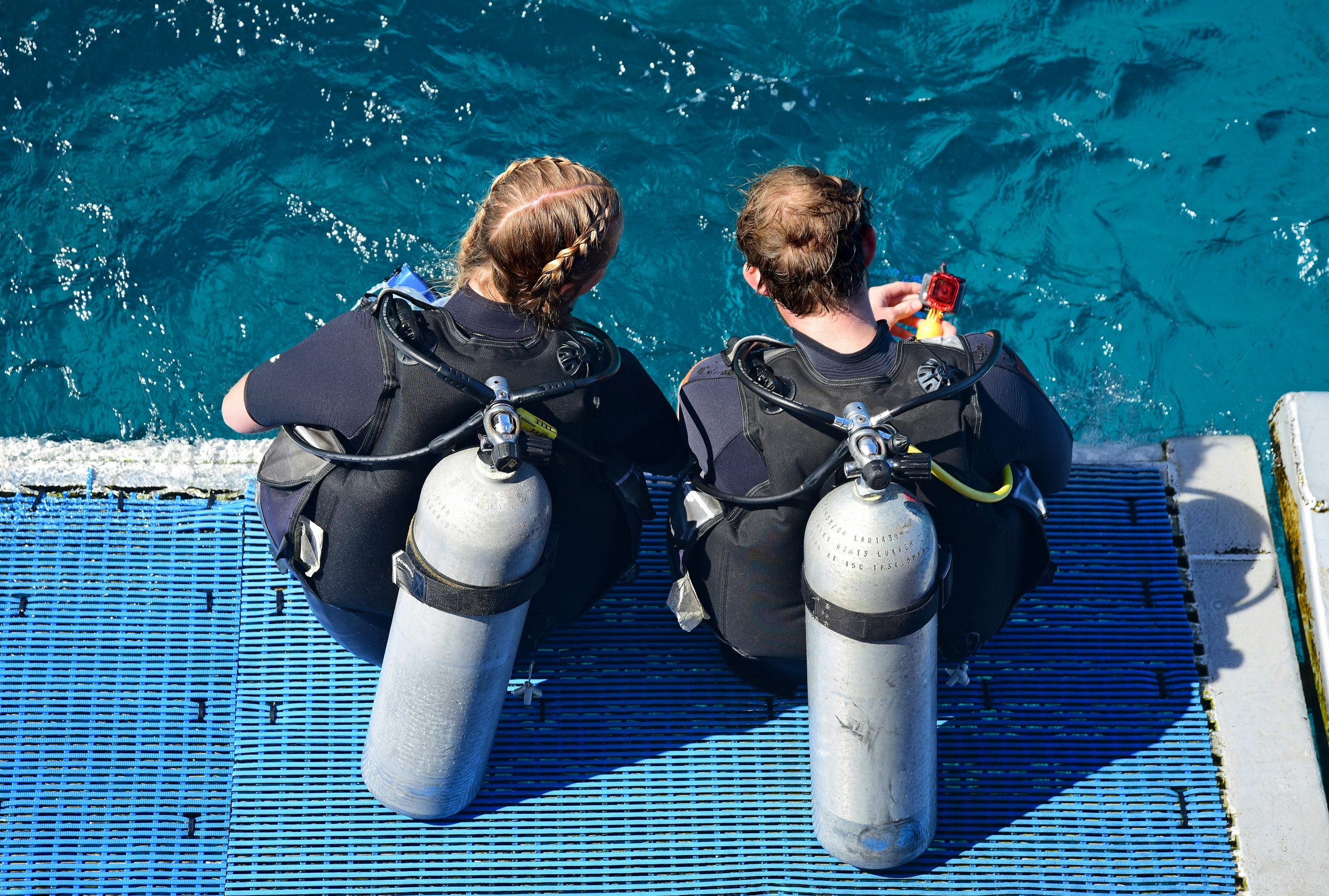
Divemaster or Dive Guide
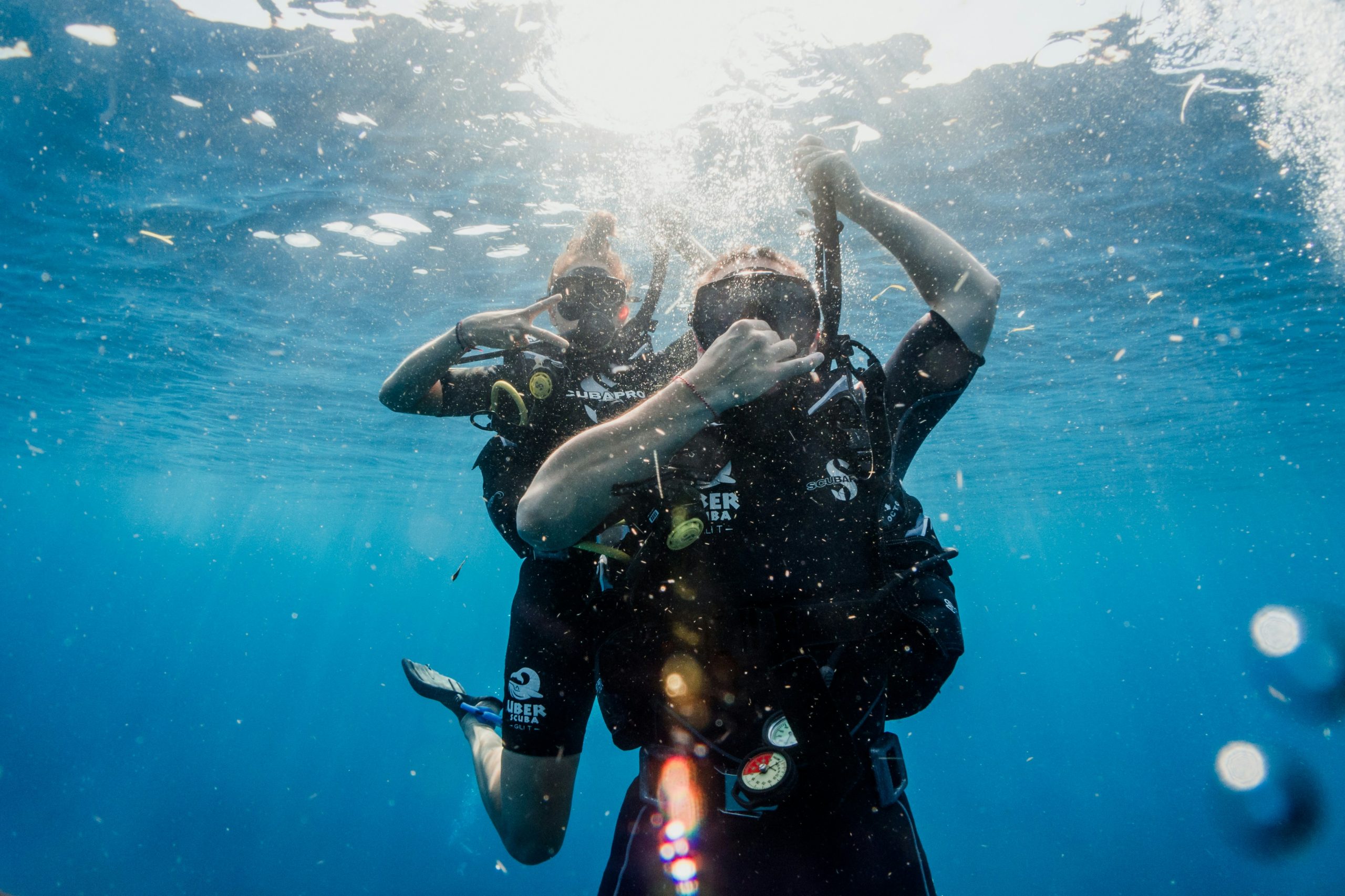
Scuba Diving Instructor:
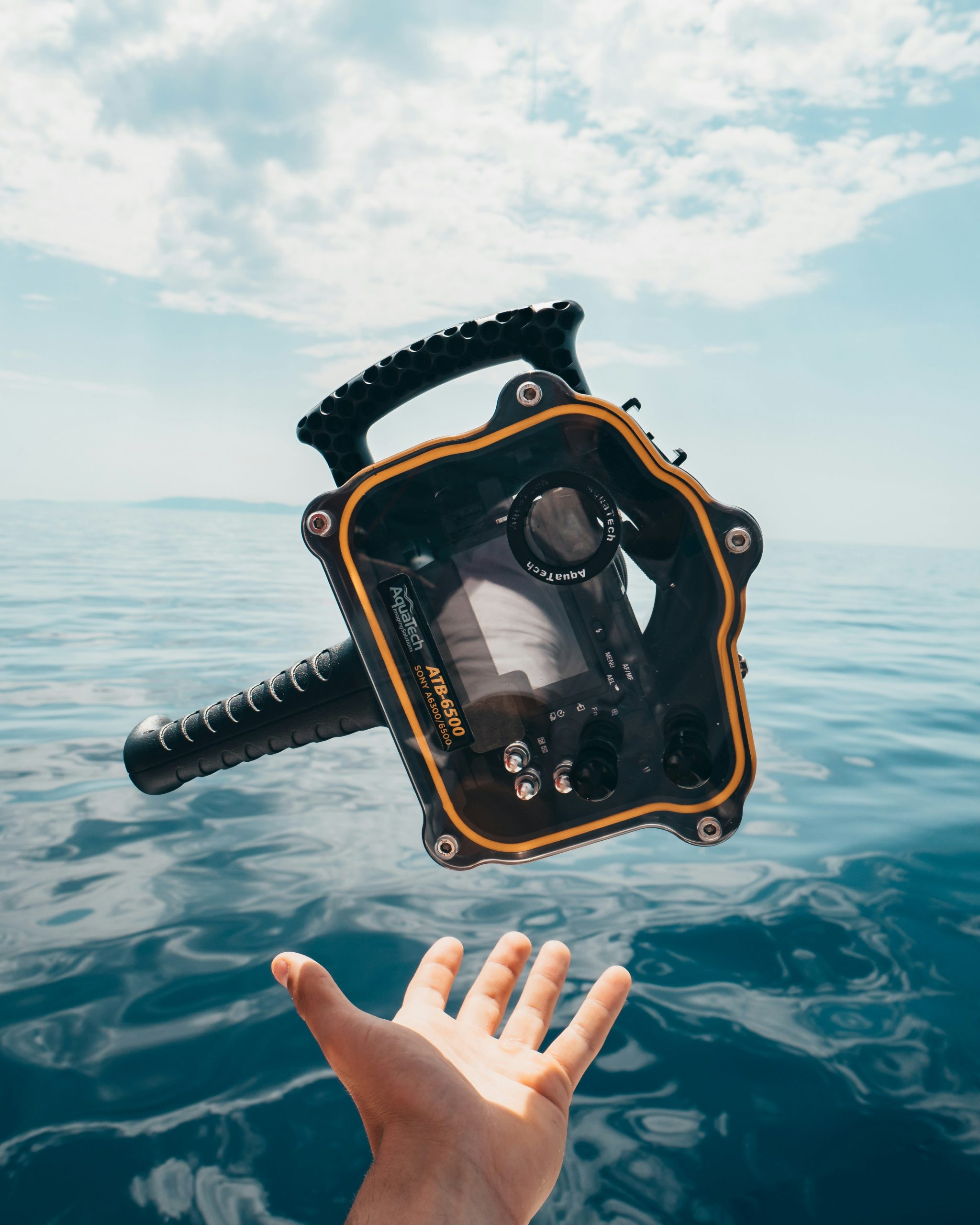
Dive Shop Staff
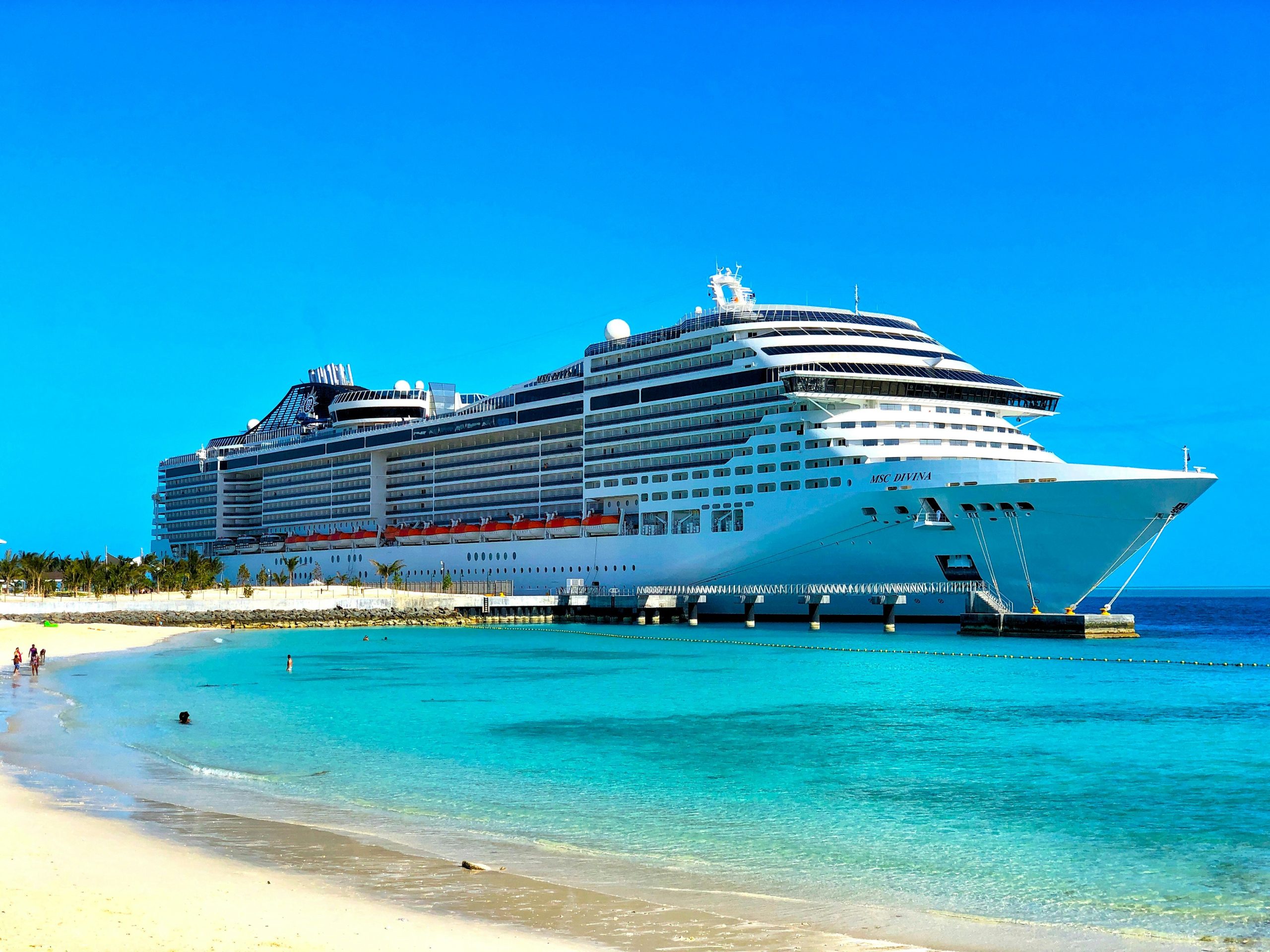
Liveaboard Crew
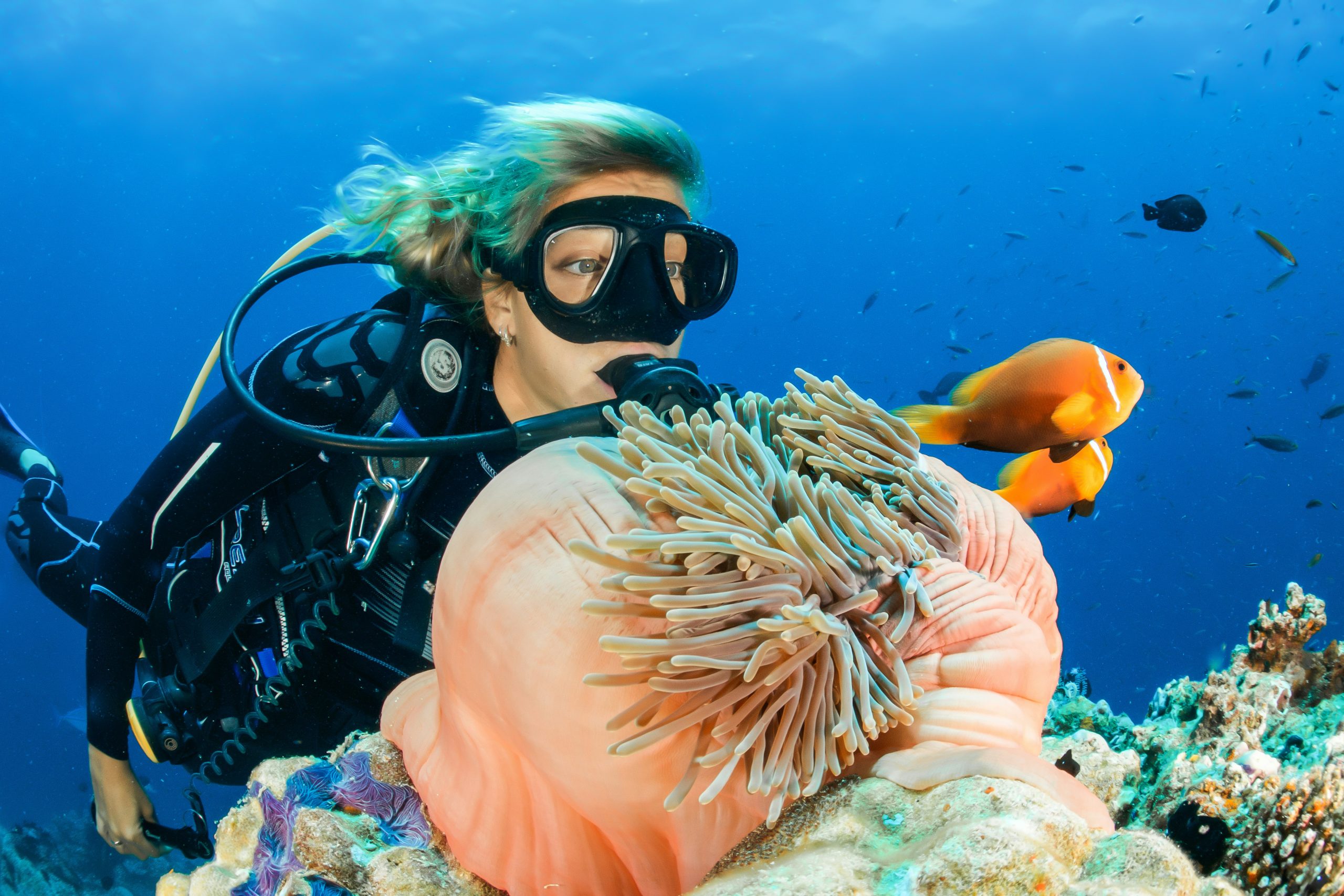
Marine Conservation or Research
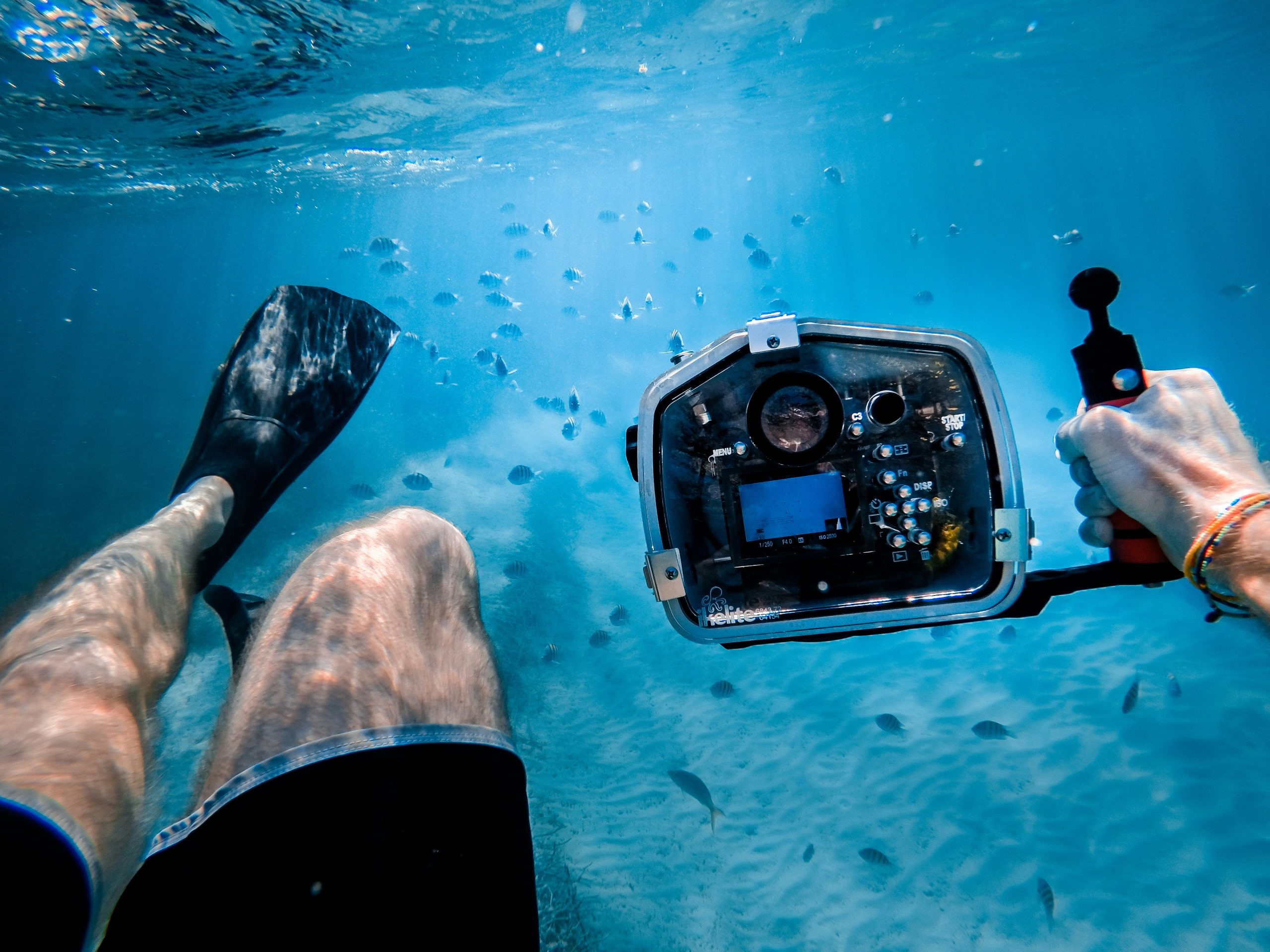
Underwater Photography or Videography
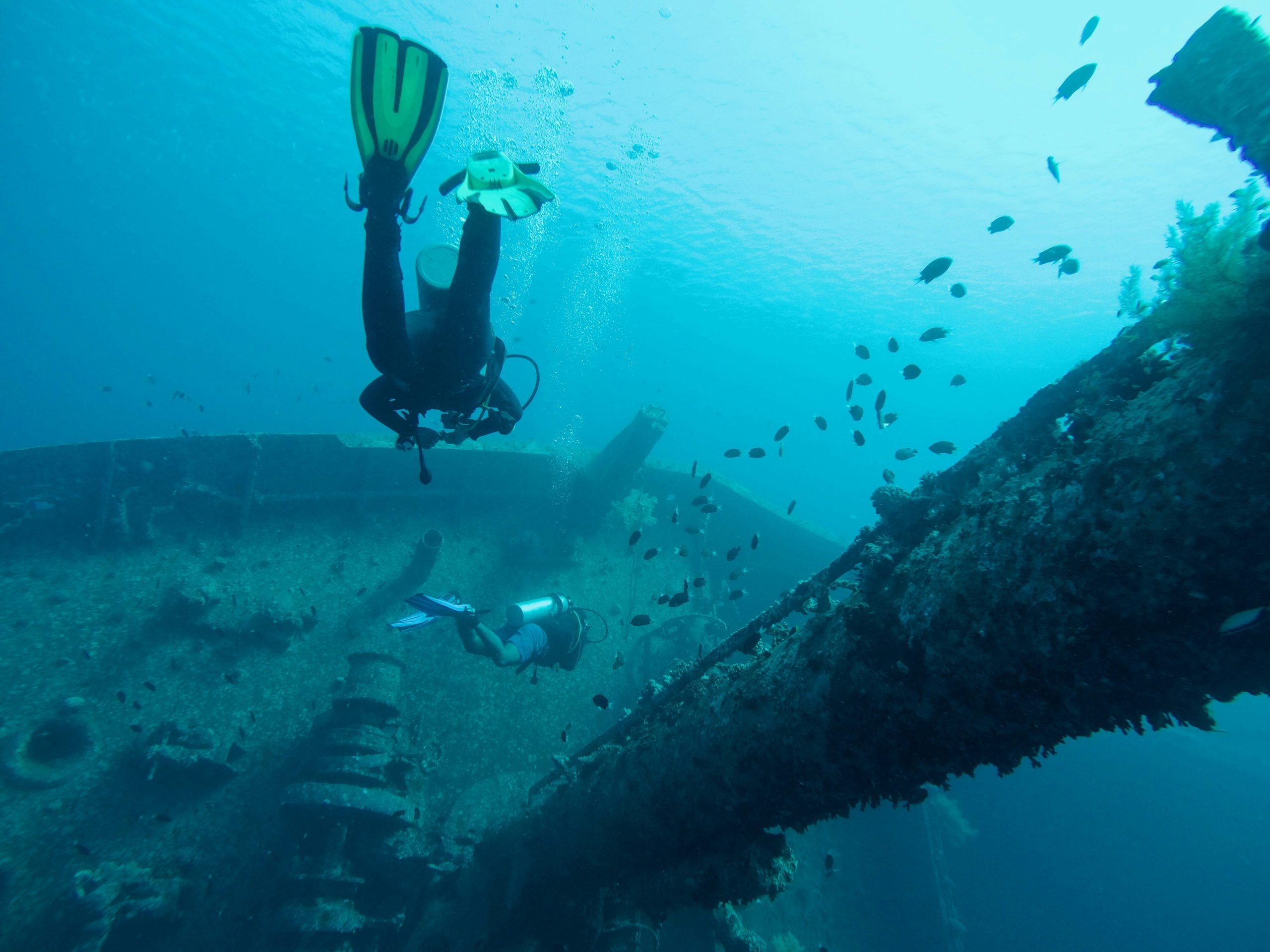
Commercial Diving:
